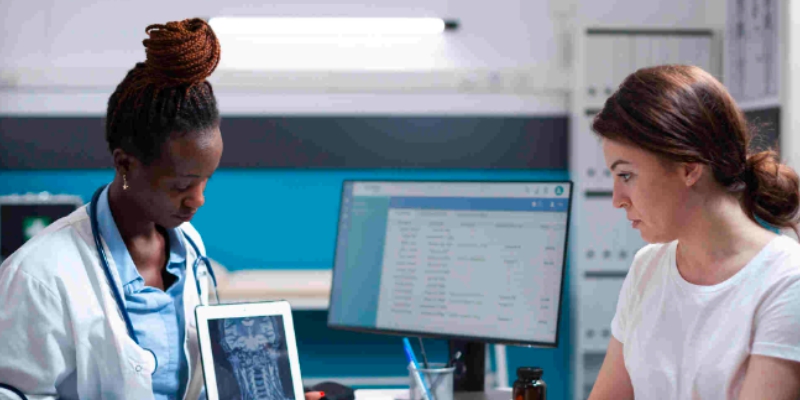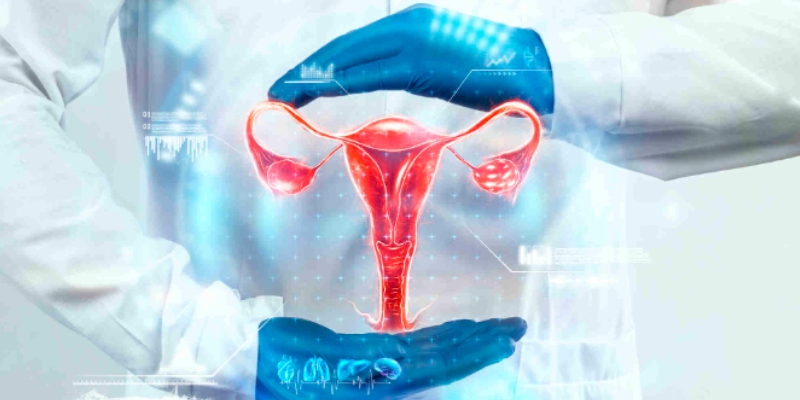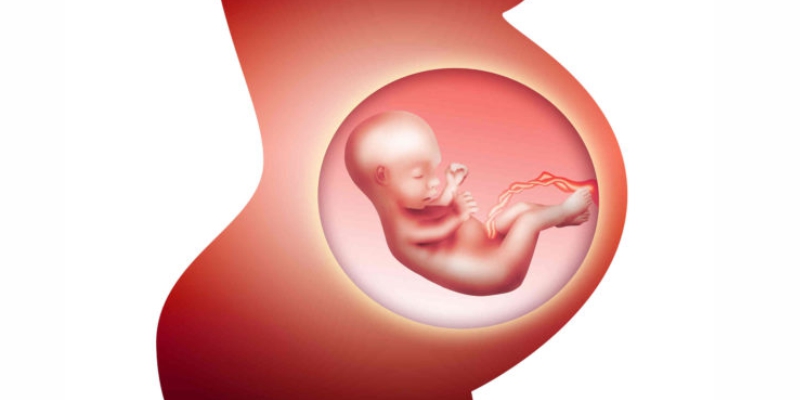Author – Dr Ekawali Gupta
MBBS, MS Degree in OBG,
Consultant Obstetrician and Gynaecologist, Mohali.
Fear of Labour and Childbirth: Understanding and Overcoming the Dread
Introduction
The journey towards motherhood, albeit beautiful and exhilarating, is often accompanied by a spectrum of emotions, fears being one of them. The fear of labour and childbirth is a common concern among expecting mothers, especially in a culturally rich and diverse country like India. However, understanding and addressing these fears can significantly enhance the birthing experience. This article by Dr Ekawali Gupta, MBBS, MS Degree in OBG, Consultant Obstetrician and Gynaecologist, delves into the common fears associated with labour and childbirth, and their underlying causes, and provides pragmatic coping strategies to overcome them.
Understanding Fear of Labour and Childbirth
As per the best Gynecologist and Obstetrician in Sector 32, Labour and childbirth is a profound life event. The fears surrounding it are often rooted in the fear of pain, fear of the unknown, fear of medical interventions, and fear of something going wrong during the process. Each fear carries its own set of anxieties that can significantly impact the mental and emotional well-being of the expecting mother.
Causes of Fear
- Lack of Knowledge: The unknown aspects of labour and childbirth can be daunting. Lack of knowledge can magnify fears and lead to increased anxiety and stress.
- Past Traumatic Experiences: Women who have had past traumatic experiences, or who have been exposed to negative childbirth narratives, may carry a heightened fear towards childbirth.
Impact of Fear
Fear can have a ripple effect, influencing the mother’s psychological well-being, her experience of childbirth, and potentially leading to adverse obstetric outcomes and postpartum mental health difficulties.
Coping Strategies
- Education and Preparation:
- Antenatal education can demystify the process of childbirth and provide realistic expectations. Understanding what to expect can alleviate fears and provide a sense of control.
- Professional Support:
- A doula can provide support, information, and advocacy during pregnancy, labour, and postpartum, making the process less intimidating.
- Mindfulness and Relaxation Techniques:
- Practices like yoga, meditation, and breathing exercises can help manage stress and anxiety, providing a calming effect.
- Positive Reinforcement:
- Surrounding oneself with positive childbirth stories and avoiding negative narratives can help in fostering a positive outlook towards childbirth.
- Individualized Birth Plan:
- Creating a birth plan that aligns with one’s values, preferences, and comfort levels can provide a sense of empowerment and reduce fear.
Professional Help
Seeking counselling or joining support groups can provide a safe space to express fears and work through them with professional guidance.
Conclusion:
Facing the fear of labour and childbirth is a crucial step towards ensuring a positive birthing experience. By understanding the root of these fears and employing coping strategies, expecting mothers can look forward to embracing the transformative journey of childbirth with confidence and serenity.
Dr Ekawali Gupta will respond to your query as soon as possible. For emergencies please call and reach Motherhood Hospital, Mohali.
At Motherhood Hospitals, we have a team of experienced supers specialists backed by the latest infrastructure and facilities. We have the best gynaecologist in Mohali. We are experts in handling complex deliveries, gynaecological, and other surgeries including a range of laparoscopic surgeries.
Do take an appointment with the best woman care hospital in Mohali at a centre closest to you. Meet with our doctors who will carry out the required investigations, diagnose the issue and recommend the most appropriate treatment, enabling you to lead an active life.
If you wish to get in touch with Dr. Ekawali Gupta, please book your appointment here.

















